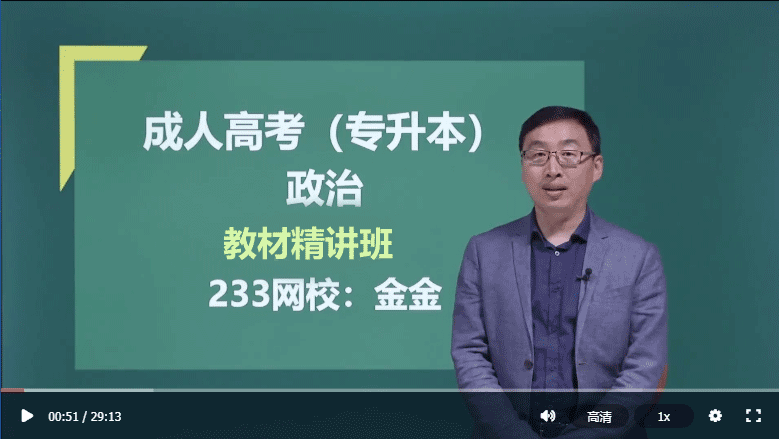例l:Sorry,but we cannot go to San Diego.Our cousins to see us next Sunday.(2007)
A.come
B.are coming
C.have come
D.came
说明:考查一般将来时。答案:B。Be coming表示将来时态。下个星期事情才会发生,所以应选择将来时。【句子大意】很抱歉,我们不能去圣地亚哥。我们的表兄妹下个星期天要来看我们。
例2:The bus is late and Julie is cold.She for the bus for 10 minutes.(2007)
A.waits
B.waited
C.has waited
D.has been waiting
说明:考查现在完成进行时。答案:D。公共汽车迟迟不来,Julie还在挨冻,她在这已经等了10分钟了。说明此动作从过去开始一直到现在没有停止,并且还要继续下去。这种情况应用现在完成进行时。【句子大意】公共汽车来晚了,Julie很冷。她已经等了10分钟了。
例3:When he arrived at the airport,Mr.Smith found that he his ticket in the office.(2005)
A.has left
B.was leaving
C.had left
D.would leave
说明:考查过去完成时。答案:C。主句的行为发生在从句之前,时态就要提前。从句是过去时,主句就应是过去完成时。【句子大意】Smith到达机场时才发现机票落在办公室了。
例4:Since arriving in New York,Thomas over15 job interviews.(2006)
A.has
B.had
C.has had
D.is having
说明:考查现在完成时。答案:C。Since引导的状语,要求谓语部分为现在完成时态。【句子大意】自从到纽约以来,Thomas已经有了l5次的工作面试了。
例5:By the year 2100,many different means of transportation .(2006)
A.will develop
B.will have developed
C.will be developing
D.will have been developed
说明:考查将来完成时。答案:D。By引导时间状语要求谓语用完成时。【句子大意】到2100年,将会有许多不同的交通方式发展起来了。

